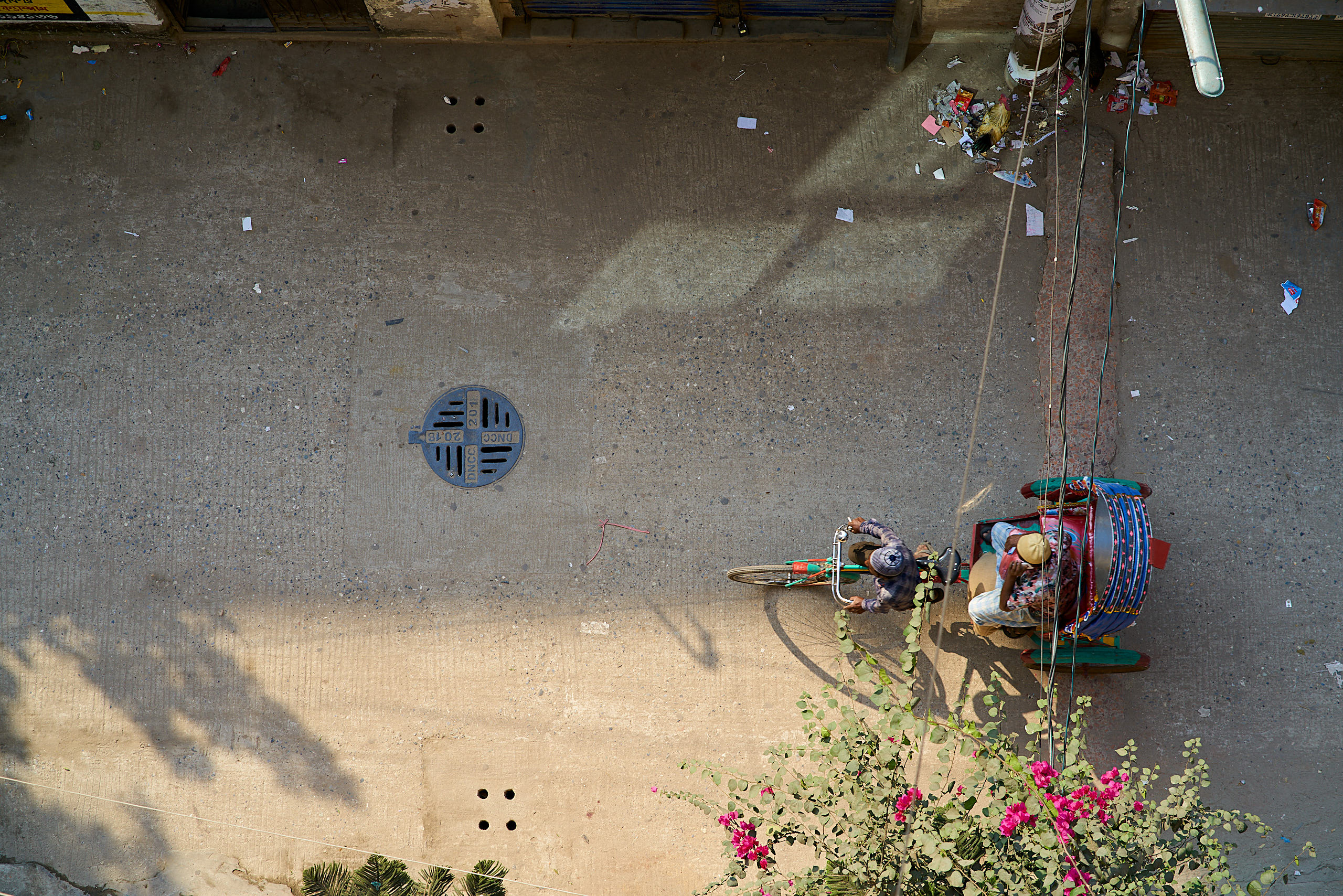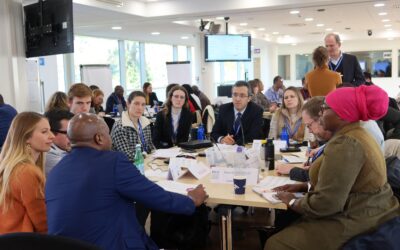Free the Slaves, in collaboration with the Centre for Women and Children Studies (CWCS) in Bangladesh and the Alliance 8.7 Secretariat in Nepal, recently organized a webinar on the pressing issue of modern slavery in Bangladesh. The event brought together 20 representatives from NGOs and CSOs to discuss the challenges, progress, and strategies related to eradicating modern slavery in the region.
Tsering Diskit, Program Officer for Asia at Free the Slaves, opened the session by welcoming participants and outlining the webinar’s agenda.
The Current State of Modern Slavery in Bangladesh
The first session, led by Prof. Ishrat Shamim, President of the Centre for Women and Children Studies, provided a detailed overview of modern slavery in Bangladesh. Prof. Shamim outlined the various forms of slavery prevalent in the country, including child labor, bonded labor, forced labor, and human trafficking.
While acknowledging efforts by the Bangladeshi government and national and international organizations to combat these issues, Prof. Shamim emphasized that significant progress has been made, but the ultimate goal of a slavery-free Bangladesh remains far off. She stressed the need for continued collaboration and robust interventions to accelerate the pace of change.
Understanding the Alliance 8.7 Mechanism
The second session was facilitated by Ms. Nutan Sharma of the Alliance 8.7 Secretariat in Nepal, focusing on Nepal’s role as a Pathfinder Country. Ms. Sharma explained the benefits of becoming a Pathfinder Country and detailed the responsibilities and functions of Alliance 8.7 members.
Nepal, the only Pathfinder Country in South Asia, has achieved significant milestones under the Alliance 8.7 framework. Ms. Sharma encouraged participants to engage with their respective governments to consider joining the Alliance, underscoring the opportunities for collaboration and progress that membership offers.
The Accountability Framework and Pathfinder Countries
In the final session, Mr. Bukeni Waruzi, Executive Director at Free the Slaves, presented a video message that elaborated on the Alliance 8.7 accountability framework and the process of becoming a Pathfinder Country. He explained the membership requirements, the roadmap for implementation, and the ability of countries to renew their membership if initial progress falls short.
Mr. Waruzi emphasized that only governments can apply to become Pathfinder Countries and outlined the critical role of accountability frameworks in driving meaningful progress.
Closing Remarks and Next Steps
The webinar concluded with an announcement by Mr. Kuldeep Singh Chauhan, Asia Director at Free the Slaves, about an upcoming factsheet on modern slavery in Bangladesh. He invited participants to contribute suggestions to enhance the factsheet’s content and thanked them for their engagement throughout the session.
Factsheet is now available here.




